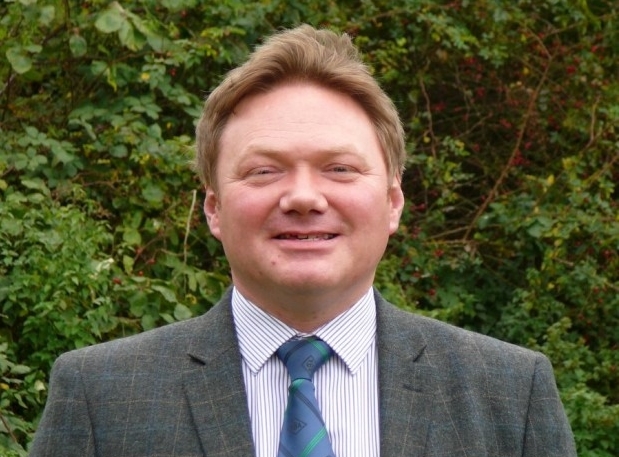NBA chief executive Chris Mallon spoke on behalf of British beef producers at the House of Commons this week in an inquiry into the beef prices ‘crisis’.
He challenged processers and industry regulators, saying more needs to be done to protect the future of British Beef farming, or it will “literally disappear.”
Also present at the meeting was NFU Vice President Stuart Roberts, Tom Kirwan, managing director of ABP Beef (UK) and Nick Allen, Chief Executive of the British Meat Processors Association, who gave evidence to the EFRA committee.
A fair share for farmers
Questioning why so little of the retail price is reaching consumers, Mr Mallon said “Our share as producers historically should be in the mid 50s (of the share of the consumer price) and this is now down to 46%”.
Neil Parish, Chairman of the EFRA Committee, added “We can’t work out why farmers are getting substantially less and the consumer is paying only a little less than before. Not even a noticeable amount.”
Tom Kirwan from ABP argued that the prices are now being reflected on the high street. However, Chris pointed out that the retail price only dropped by 1%, whereas the producer has seen a decline of 11%, adding “it’s us that is actually suffering, it is the farmer that is suffering. There is money somewhere between us and the consumer. No farmer feels they are getting a fair share of the price”
Chris also argued that farmers are being exploited, due to a lack of competition in the marketplace.
“That lack of competition means we do not have people fighting to buy the cattle as abattoirs are so small in number, so farmers have very limited options as to where they can sell their cattle.”
Another agreement from both the NFU and the NBA is the need for a mandatory code under the Agriculture Bill, as the current voluntary code “isn’t working.”
“We also have a serious need for anonymity in the complaints process as producer has no protection in the market unless he wants to make a complaint and risk himself,” continued Chris.
The future for British beef farmers
Mr Mallon highlighted the diverse and resourceful production systems demonstrated by British beef producers to the EFRA Committee, which should be supported and celebrated.
“Without a change, we will lose some of the best farmers we have as they will have to make a tough business decision They cannot afford to invest in cattle anymore – it is not viable to lose money week on week.”
“We have the ability to produce grass, we have the ability to produce excellent animals, and putting that together, we can produce a viable high-quality product, but that depends on somebody who is willing to spend their lives outside in the rain doing that.
We need to maintain the younger generation of beef farmers. The way things are, we could lose that generation, and once you’ve not farmed, you’re not going to go back to it,” he added.
Top quality beef
Agreeing with NFU vice president, Stuart Roberts, Chris said the public and the “prices paid to farmers should recognise the quality of the product we are producing.”
“The beef premium schemes such as the Aberdeen Angus scheme etc have seen massive falls in their value. They’ve been losing a considerable amount.”
All of the panel were in agreement that a no-deal Brexit would be catastrophic for the beef industry; high tariffs on exports and no tariffs on imports would result in British beef farmers being simply unable to compete with the cheap beef that would flood the market from South America, produced in environmentally damaging systems, with lower welfare standards.
The PM’s Brexit deal with the EU this week (Thursday 17th October), provides fresh hope for British beef farmers, though the UK is yet to receive clarification on maintained standards as trade deals are struck with other countries.
The National Beef Association says it remains crucial that the quality of British produce will be recognised and protected as the Brexit deal progresses in the coming weeks.


